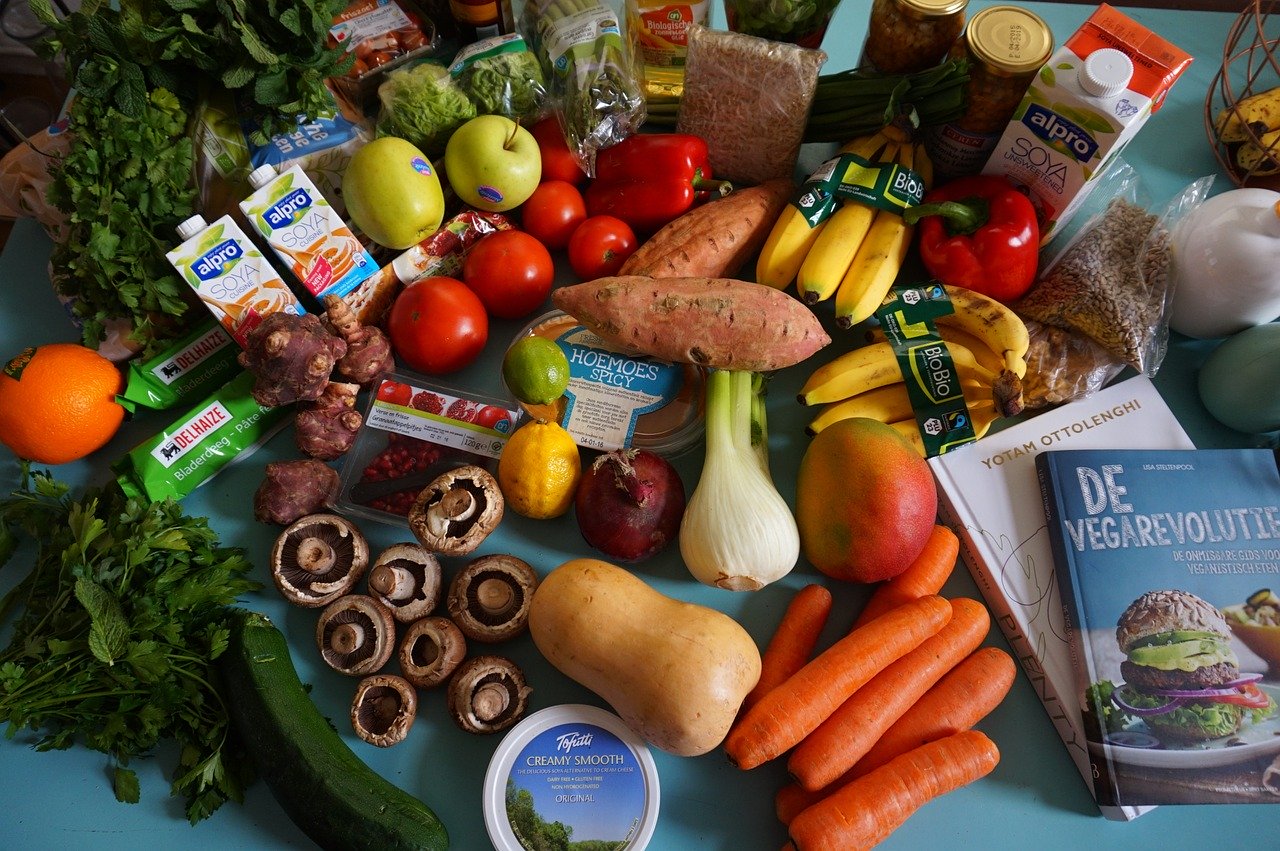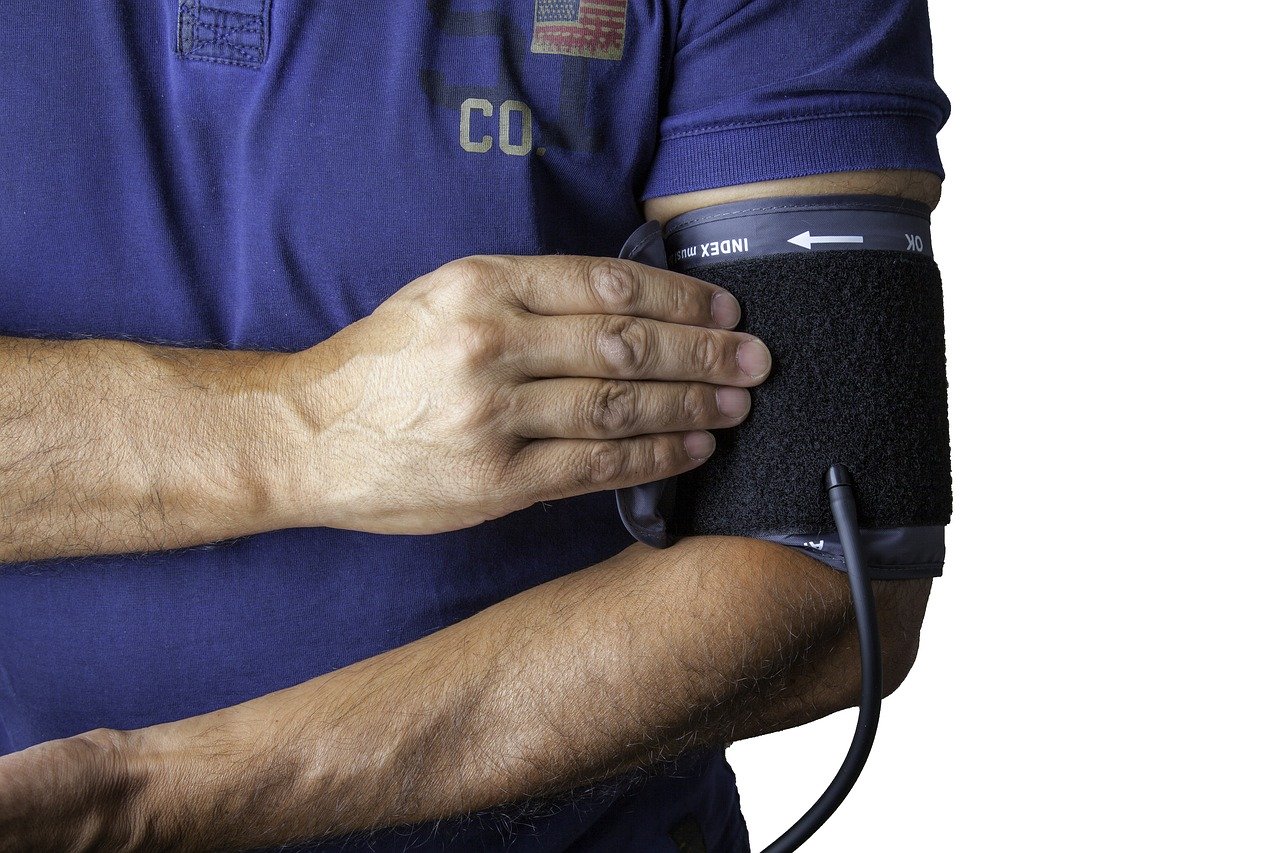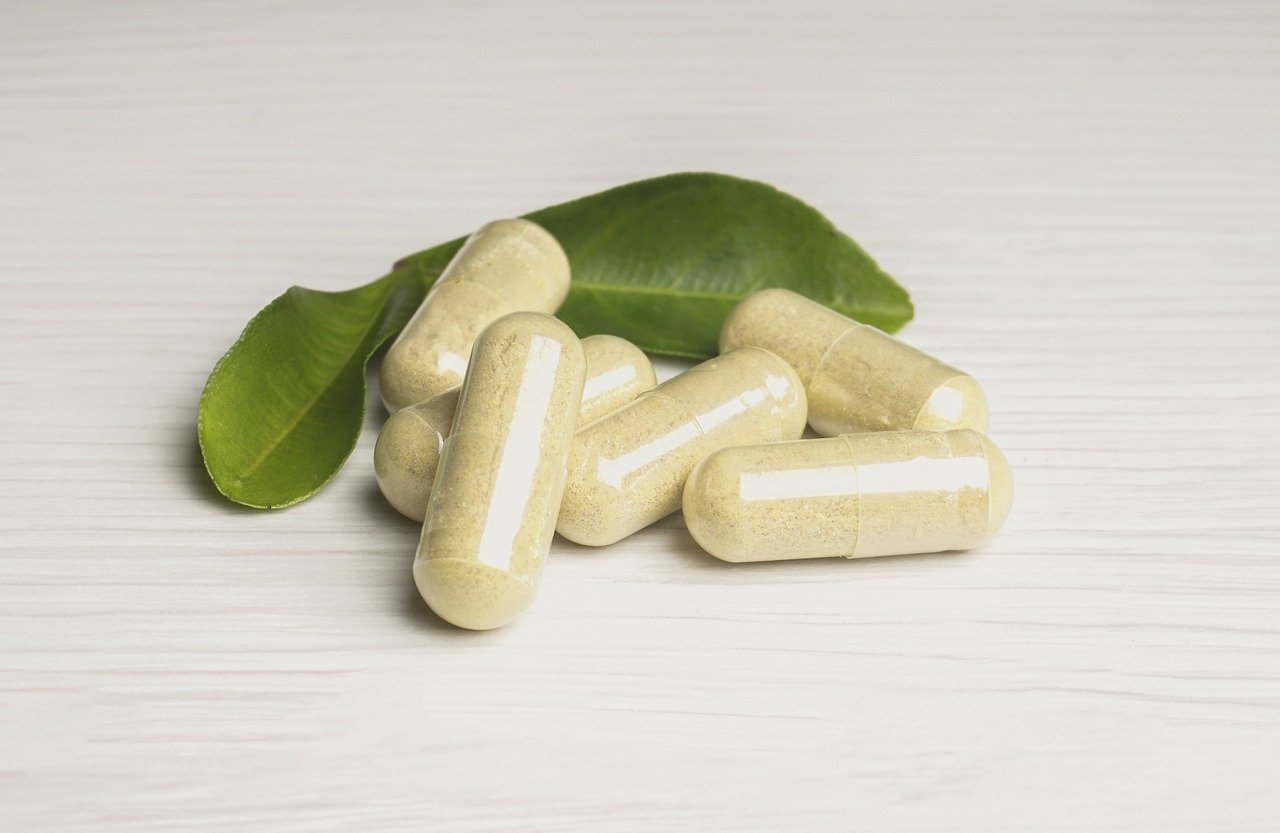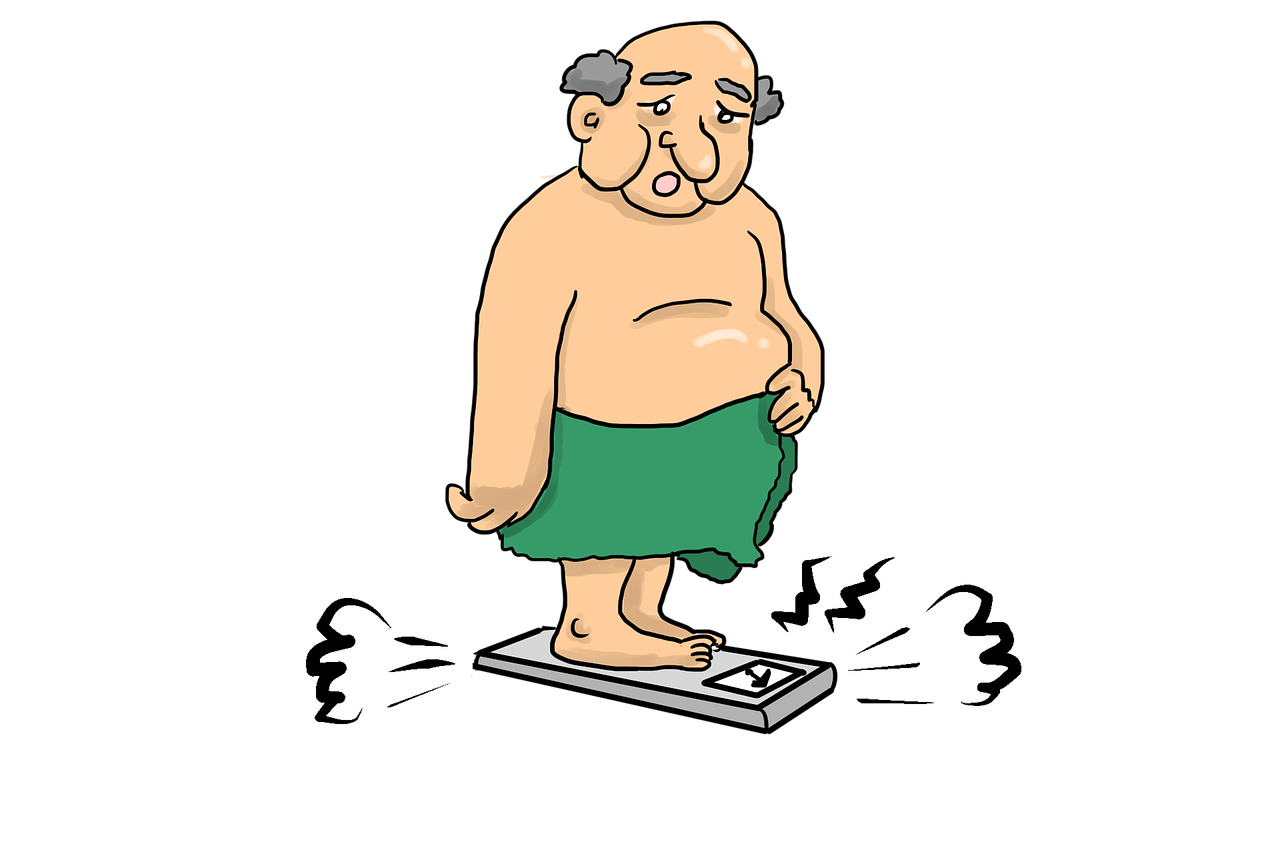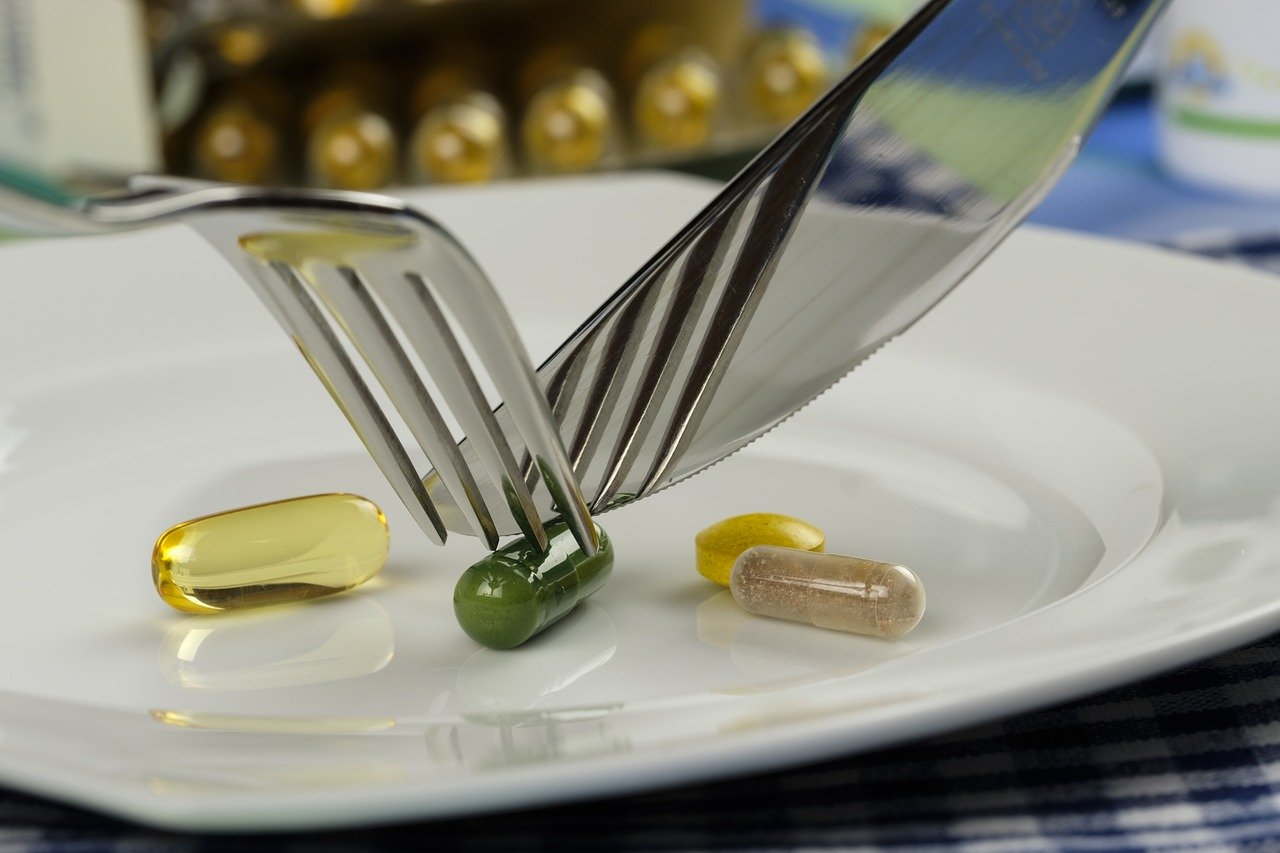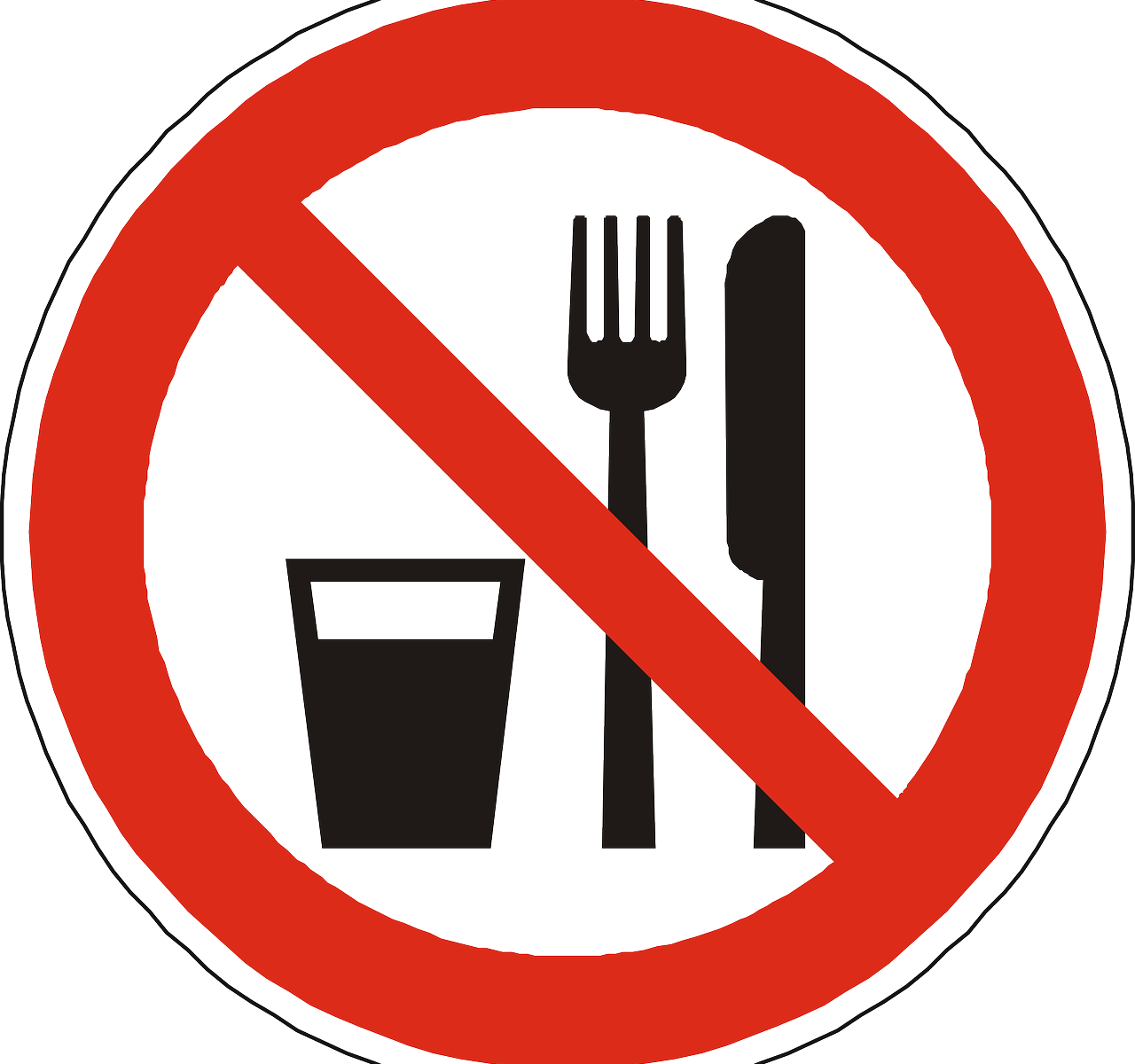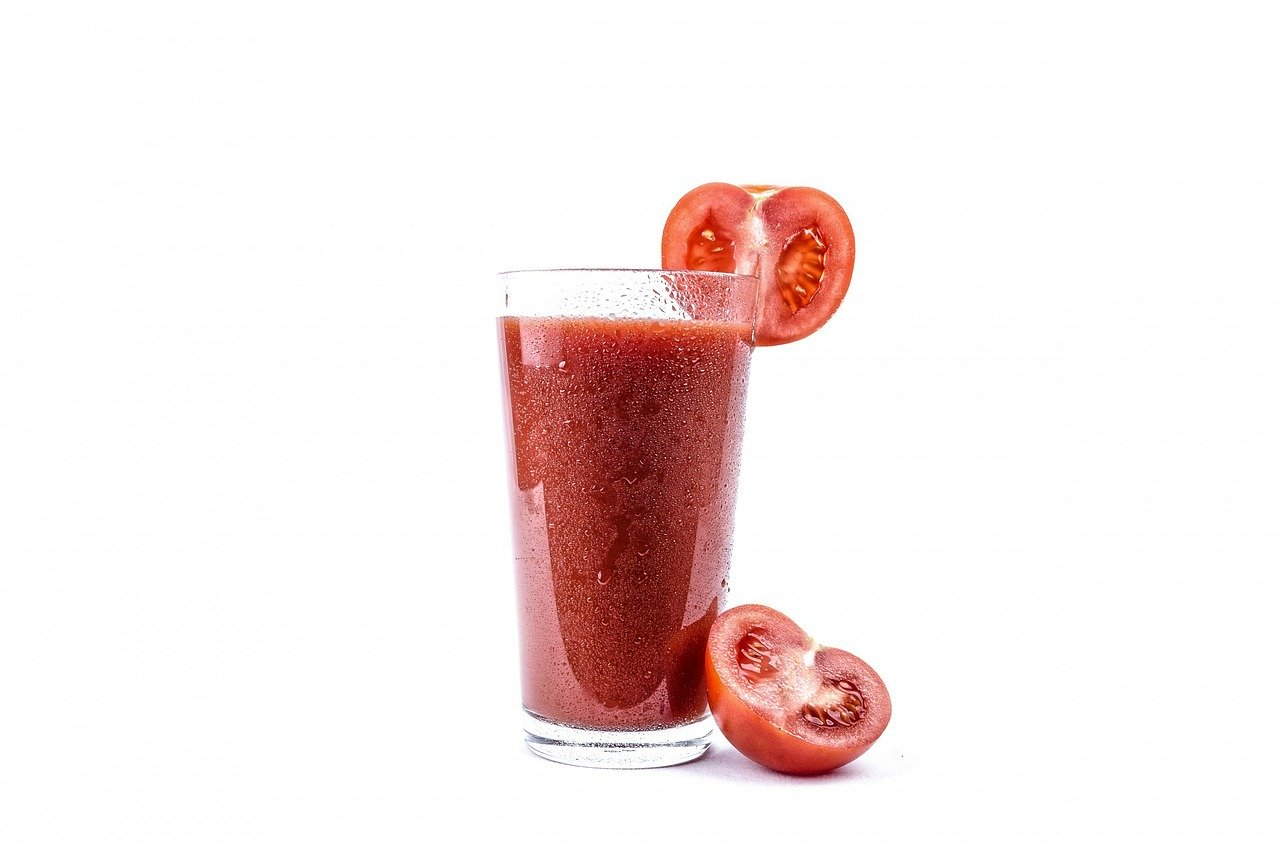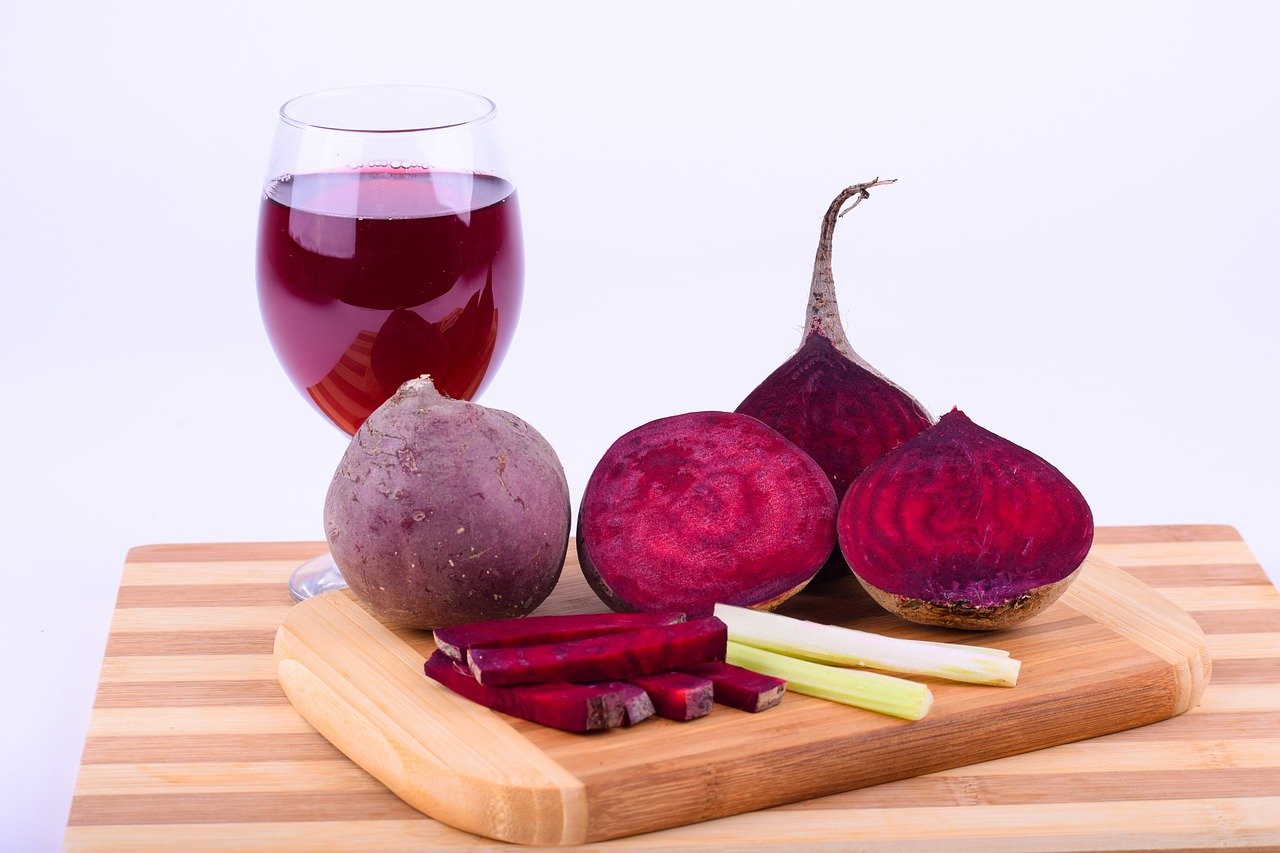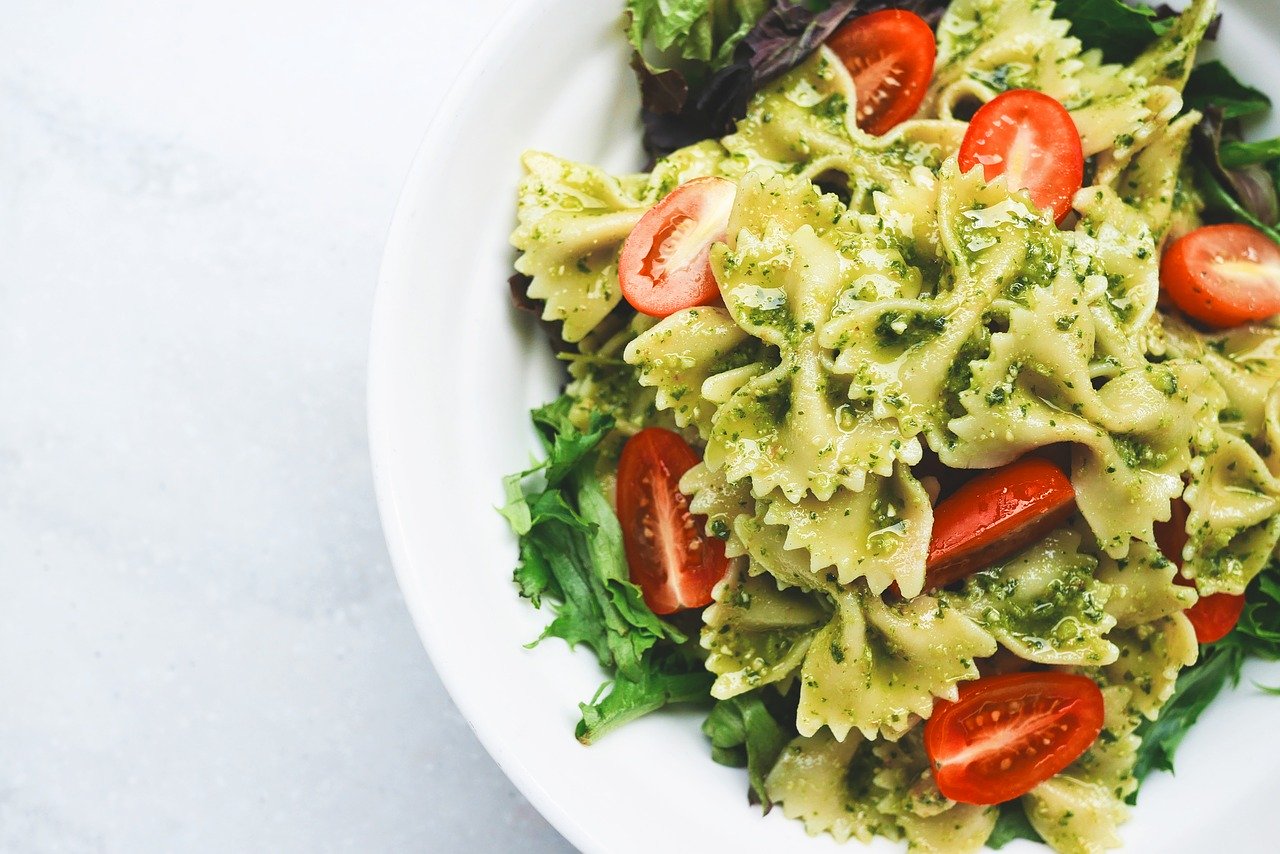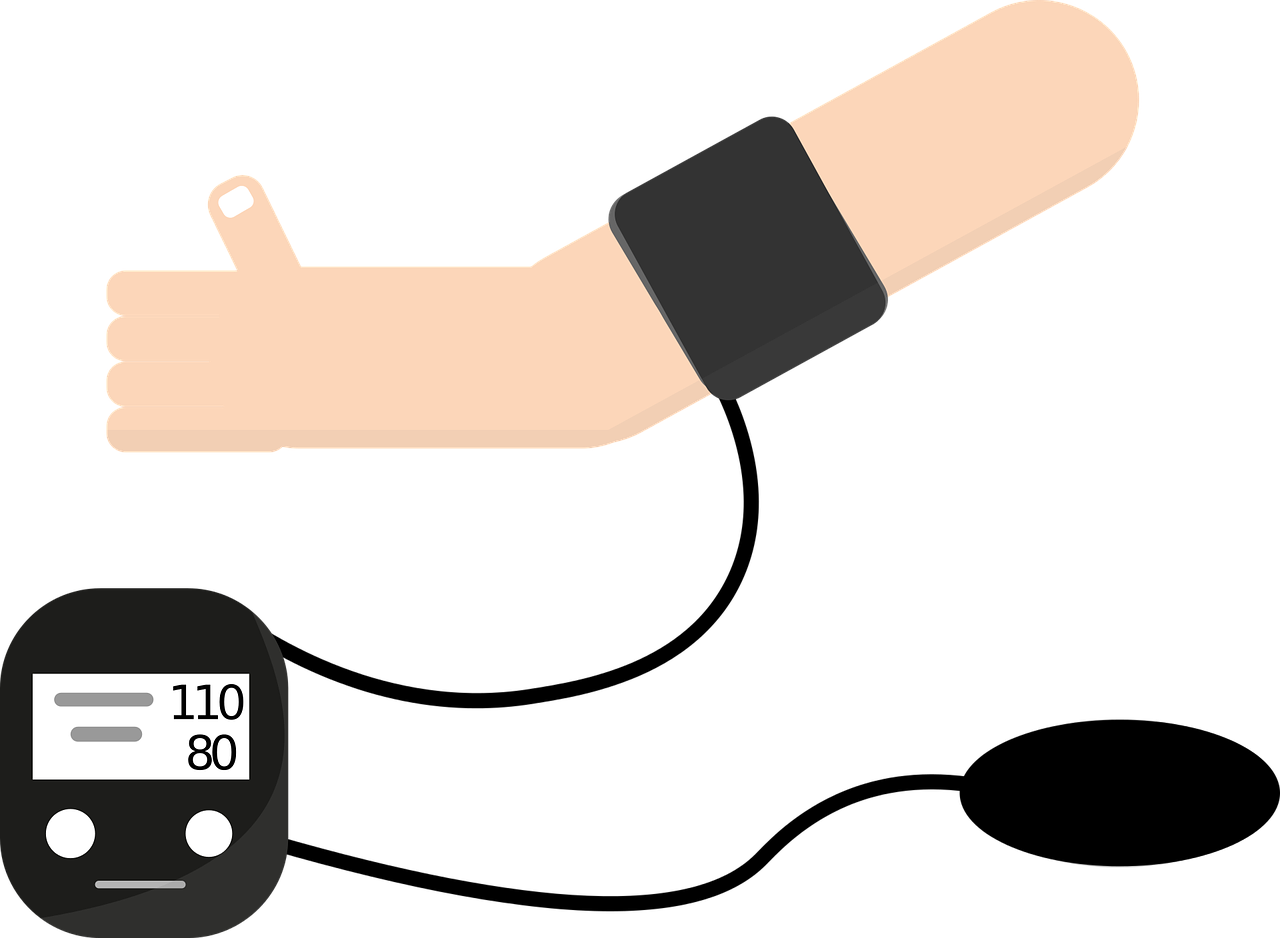In April 2020 researchers from China published their review of the medical scientific literature to assess the influence of tai chi on blood pressure and related risk factors in individuals … Read more
In individuals with hypertension, the greatest reduction in blood pressure levels was seen in those who practiced yoga, followed by Zumba dance and finally aerobics
In February 2020 researchers from India published the results of their study to assess the effectiveness of yoga, Zumba dance, and aerobic exercises in controlling blood pressure levels in Indian … Read more
Consuming healthy diets appear to be effective in reducing both systolic and diastolic blood pressure, with high-fibre and low-sodium diets appearing to produce the greatest reductions in systolic and diastolic blood pressure in individuals with diabetes type 2
In April 2020 researchers from Iran and Puerto Rico published their review of the medical scientific literature to assess the effect of different dietary approaches on systolic and diastolic blood … Read more
A higher adherence to the DASH diet appears to be associated with lower blood pressure, abdominal fat rating and waist circumference in university students
In March 2020 researchers from Spain published the results of their study to assess the association between adherence to the Dietary Approaches to Stop Hypertension (DASH) diet and blood pressure … Read more
Adults genetically at risk of developing hypertension who take vitamin B2 (riboflavin) supplementation may reduce their systolic blood pressure by up to 13 mmHg, which could be clinically important seeing that a 10 mmHg reduction in systolic blood pressure is estimated to decrease the risk of stroke by 40%
In April 2020 researchers from the UK published their review to assess the association between nutrition and risk of hypertension. Hypertension contributes to over 9 million deaths per annum, mainly … Read more
Berberine supplementation may delay the development of dementia by preventing brain damage, improving cognition, and by reducing risk factors such as metabolic dysfunction, and cardiovascular, kidney and liver diseases
In March 2020 researchers from Japan, UK and Hong Kong published their review of the medical scientific literature to assess the potential of berberine as a treatment for dementia associated … Read more
Energy drink consumption appears to cause an increase in blood pressure and QT interval and a deterioration in insulin sensitivity in young healthy adults
In March 2019 researchers from Germany published the results of their study to assess the cardiovascular and metabolic effects of energy drinks, a control product without certain ingredients found in … Read more
A high intake of calories from protein may be associated with an increased risk of hypertension
In April 2019 researchers from Japan published the results of their study to assess the relationship between the incidence of hypertension and the intake of three major nutrients, protein, fats … Read more
A higher BMI is associated with an increased incidence of hypertension, diabetes, dyslipidemia, and hyperuricemia both in Japan and the USA, although the BMI level at which the incidence of these medical conditions increased was significantly higher in the USA than in Japan
In August 2018 researchers from Japan and the USA published the results of their study to compare the incidence of hypertension, diabetes, dyslipidemia and hyperuricemia according to BMI in Japanese … Read more
Omega-3 and vitamin E supplementation taken together appears to significantly reduce triglyceride and LDL(bad)-cholesterol levels in overweight individuals with metabolic disease, but have no significant effect on the levels of total cholesterol and HDL(good)-cholesterol
In July 2019 researchers from Iran published their review of the medical scientific literature to assess the effect of omega-3 and vitamin E supplementation taken together on total cholesterol, triglycerides, … Read more
Dairy product consumption appears to be associated with a better metabolic profile
In January 2019 researchers from Spain published the results of their study to assess the association between dairy product consumption and the incidence of metabolic diseases like diabetes, obesity and … Read more
Co-enzyme Q10, vitamin C, omega-3 polyunsaturated fatty acids, gingseng, garlic and probiotic supplementation may reduce blood pressure levels in individuals with hypertension
In February 2020 researchers from Japan published their review on the potential benefits of garlic and other dietary supplements for the management of hypertension. The control of hypertension is extremely … Read more
Aged garlic extract appears to reduce inflammatory markers in gingivitis
In March 2020 researchers from Japan published the results of their study to assess the effect of an aged garlic extract in inflammatory markers in gingivitis. It is known that … Read more
Intermittent fasting is beneficial for many health conditions, including obesity, diabetes, cardiovascular disease, cancers, and neurodegenerative brain disorders
In December 2019 researchers from the USA published their review on the effects of intermittent fasting. The suggestion that calorie restriction had a beneficial effect on aging and life span … Read more
Tomatoes have antioxidant and anti-inflammatory properties and appear to lower blood pressure and LDL(bad)-cholesterol levels, thereby reducing the risk of cardiovascular disease
In March 2019 researchers from Czech Republic and Serbia published the results of their study to assess the effects of polyphenol-enriched and standard tomato juice on lipid levels, oxidative stress … Read more
Potato consumption does not appear to be associated with changes in blood pressure among older adults or with the risk of hypertension in younger adults
In December 2017 researchers from the USA and Spain published the results of their study to assess the association between potato consumption, blood pressure changes, and the risk of hypertension. … Read more
A single dose of beetroot juice can lower systolic blood pressure, but the effects are comparatively short-lived and do not persist over the course of the same day
In February 2019 researchers from the UK published the results of their study to assess the effect of nitrate in beetroot juice on blood pressure levels. A total of 15 … Read more
Exposure to fast food restaurants does not appear to be associated with diet quality and blood pressure levels, although there may be a slight association in those individuals with a low level of self-control
In December 2019 researchers from The Netherlands published the results of their study to assess the association between the density of local fast-food restaurants, diet quality and blood pressure levels. … Read more
Cardiovascular disease risk factors decrease, return to what they had been and then decrease again in line with adopting, abandoning, and then readopting a healthy eating dietary pattern
In November 2018 researchers from the USA published the results of their study to assess the effect of adopting, abandoning, and then readopting a healthy eating pattern on cardiovascular disease … Read more
Taking all blood pressure tablets at bedtime gives better blood pressure control, improves blood pressure levels whilst asleep and reduces the risk of cardiovascular disease
In October 2019 researchers from Spain assessed whether taking blood pressure tablets at bedtime was better at reducing risk of cardiovascular disease than being taken on awakening. A total of … Read more



